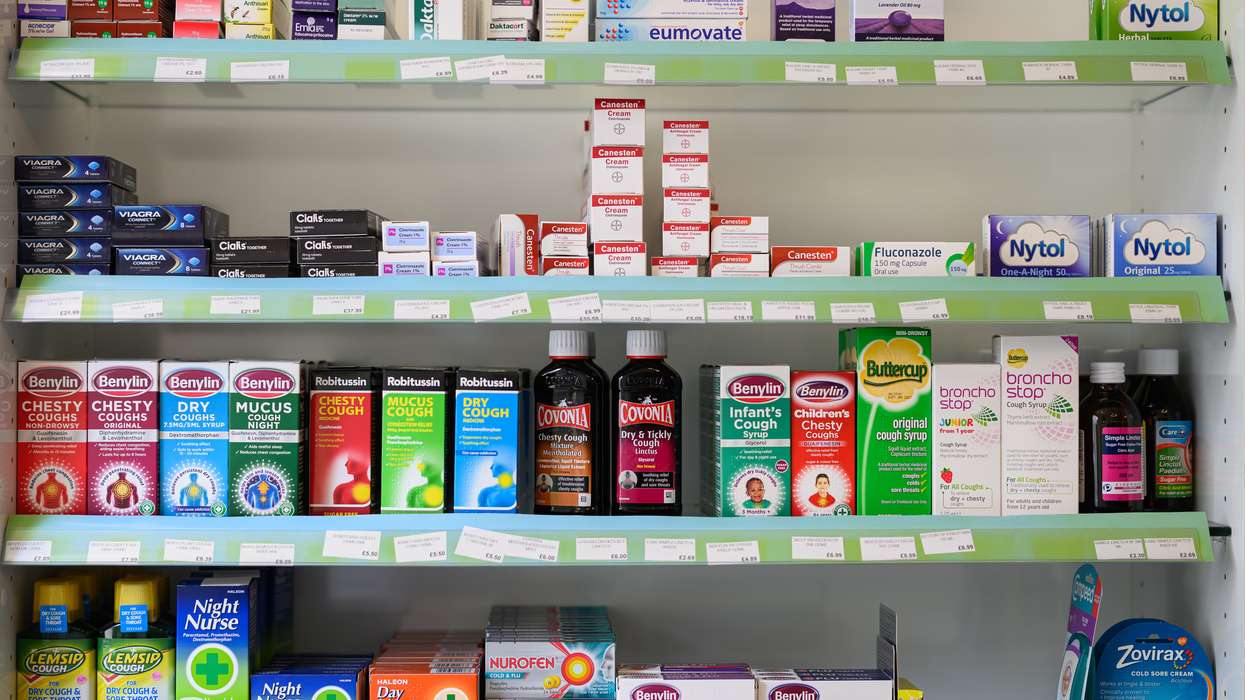The report said the apps provide a "gold mine" of data for consumer profiling and warn that in the wrong hands it could pose a safety risk
CAMBRIDGE UNIVERSITY academics have flagged concerns over the safety of period tracker apps and warned that the women using them could face privacy and safety risks.
A report by the university's Minderoo Centre for Technology and Democracy, an independent team of researchers, have stated that the personal information collected in these apps - including exercise, diet, medication, sexual preferences, hormone levels and contraception use - could be "sold at scale".
The report said the apps provide a "gold mine" for consumer profiling and collecting information, and academics warn that in the wrong hands, the data could result in health insurance "discrimination" and risks to job prospects.
The researchers pointed out that many women download the apps when they are trying to get pregnant, which alters their shopping behaviour.
"Data on who is pregnant, and who wants to be, has therefore emerged as some of the most sought-after information in digital advertising," they said.
The report stated that companies operating cycle tracking apps (CTA) get access to "extremely valuable and fine-grained user data".
The experts warned that this data is not only commercially valuable and shared with third parties, they also pose security risks for users.
They called for improving data security and "meaningful consent options" in these apps and urged public health bodies like the NHS to launch alternatives.












